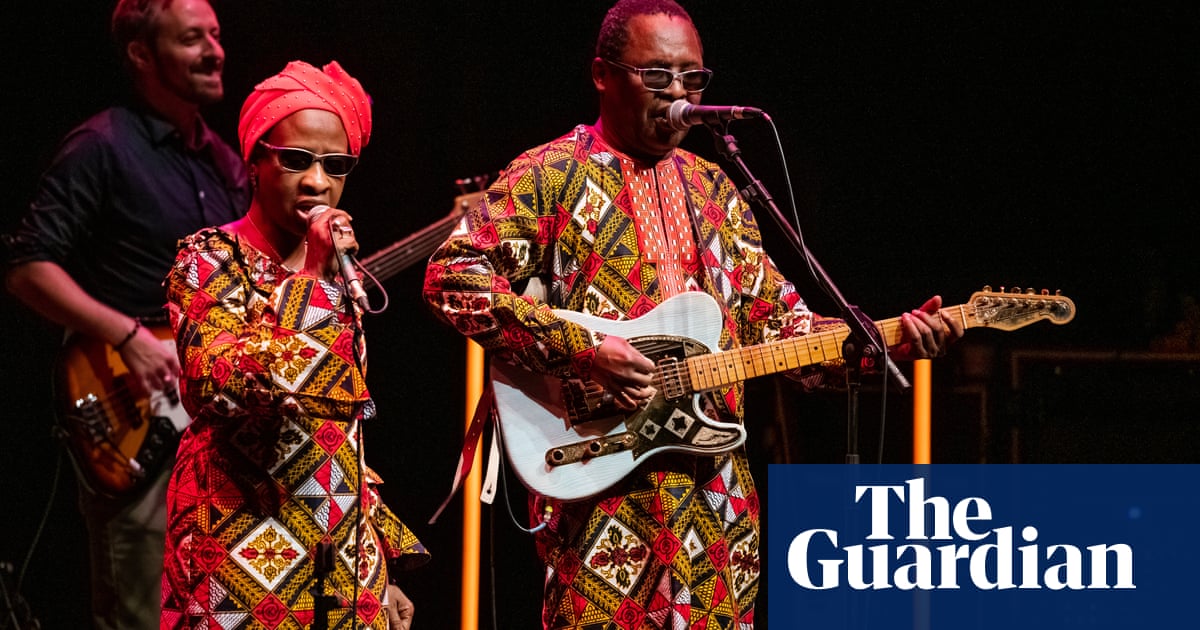The guitarist and singer Amadou Bagayoko of the Malian music duo Amadou & Mariam has died aged 70 after an illness, his family said, paying tribute to the Grammy-nominated blind musician.
Amadou and his wife, Mariam Doumbia, formed a group whose blend of traditional Malian music with rock guitars and western blues sold millions of albums across the world.
Among other achievements the couple, who met at the institute for the young blind in the Malian capital, Bamako, composed the official song for the 2006 football World Cup in Germany and played at the closing ceremony concert for the 2024 Olympic Games in Paris.
“He had been ill for a while,” Amadou’s son-in-law Youssouf Fadiga told Agence-France Presse.
Their France-based manager, Yannick Tardy, who had spoken to Mariam by phone, said Amadou had been taken to a clinic after feeling fatigue, and had died later that day.
Confirming the musician’s death to AFP, the Malian culture minister, Mamou Daffé, said he felt “dismay” at the loss.
After meeting in 1976, when Amadou was 21 and Mariam 18, the pair discovered they had similar tastes in music.
They began touring together from the 1980s, mixing traditional west African instruments such as the kora and balafon with the Pink Floyd and James Brown records from their youth.
They sang songs to raise awareness of the problems facing their peers living with blindness and disabilities.
A few decades later their 2004 album, Dimanche à Bamako (Sunday in Bamako), brought them worldwide success backed up by the title track.
Amadou and Mariam became one of Africa’s bestselling duos, playing alongside the likes of Damon Albarn of Blur and Gorillaz, and the Pink Floyd guitarist David Gilmour – a childhood idol.
They played at festivals including Glastonbury, shared bills with Coldplay, U2 and Stevie Wonder, and played for Barack Obama at the concert marking the US president’s Nobel Peace prize award.
“There were many musicians, many artists there. And Barack Obama came to meet us,” Amadou told AFP in a 2024 interview.
“We talked a bit. Barack Obama told us that he liked our music. Malian music, too. We were very, very happy,” Mariam added.
Besides a Grammy nomination in 2010, Amadou & Mariam won prizes at the BBC radio awards and France’s Victoires de la Musique.
Amadou Bagayoko is survived by three children.
